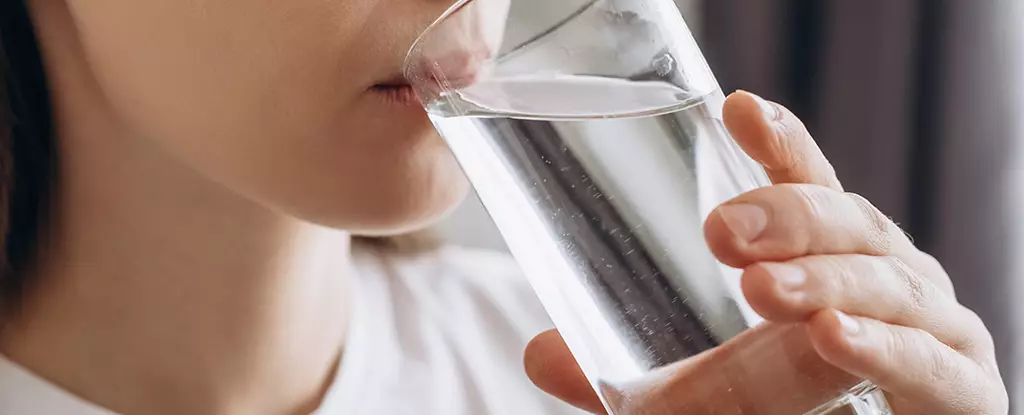Microplastics, minute plastic particles less than 5mm in size, have infiltrated our environment at an alarming rate, and recent findings indicate they are now entering our bodies through the very food and drinks we consume. This situation raises serious health concerns that cannot be overlooked. With growing evidence highlighting the adverse effects of microplastics, scientists are probing strategies to mitigate their presence in our daily lives—particularly within our drinking water. A recent study from researchers at Guangzhou Medical University and Jinan University in China reveals a straightforward method that could help alleviate this looming health threat.
The presence of microplastics in water sources has become increasingly problematic, as demonstrated by the emerging data on their prevalence in tap water systems. Researchers have identified that centralized water treatment processes often fail to capture these tiny contaminants. This is especially concerning because water consumption represents a significant pathway for human exposure. The researchers’ paper, published in February, underscores the urgent need for effective methods to minimize the risk associated with microplastics in our drinking water.
Fascinatingly, the research team has explored the efficacy of a common household practice—boiling water—as a means to remove these contaminants. In their experiments involving both soft and hard tap water, the team introduced nanoplastics and microplastics before subjecting the mixtures to boiling followed by filtration. Remarkably, they found that boiling and filtering could eliminate up to 90 percent of the NMPs from the water. However, the degree of success varied depending on the mineral content of the water, with hard tap water providing improved results due to the presence of calcium carbonate, which helps to trap the microplastics.
The study highlights that, while soft water yielded successful results, it was the chemical reaction in hard water that showed the greatest potential for removing microplastics. As the water heated, it produced limescale, effectively scavenging plastic fragments and allowing them to be filtered out using basic kitchen tools, such as a stainless steel mesh strainer.
Health Implications: Understanding the Risks
The implications of consuming microplastics through daily hydration are disturbing. Previous research has unearthed correlations between plastic consumption and negative health outcomes, including alterations to the gut microbiome and increased antibiotic resistance. Although the precise extent of these health repercussions remains uncertain, the evidence is compelling enough to warrant significant concern. The researchers recognize that, while boiling water may not entirely eradicate the risk of microplastic consumption, it could represent a crucial step toward reducing exposure—a key concern in a world increasingly dominated by plastic waste.
A Call for Change: Advocating Boiled Water Practices
In their findings, the researchers hope to catalyze a broader acceptance and adoption of boiling water as a practical solution for reducing microplastic exposure. While boiling water has traditionally been a routine practice in some cultures, its role in combating modern environmental challenges is yet to be fully recognized. The authors argue that promoting this simple method could offer protective benefits to countless individuals around the globe facing increasing exposure to these plastics.
As the relationship between microplastics and our health becomes clearer, the need for community awareness and proactive measures becomes essential. Implementing the practice of boiling water could serve as a pragmatic response to a pervasive issue. The researchers advocate for further studies to elaborate on the impacts of boiled water in keeping harmful materials at bay, ensuring a future where access to clean and safe drinking water is no longer a luxury but a universal reality.


Leave a Reply